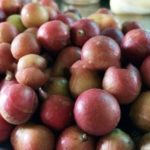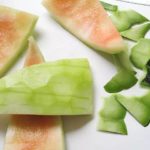Mango
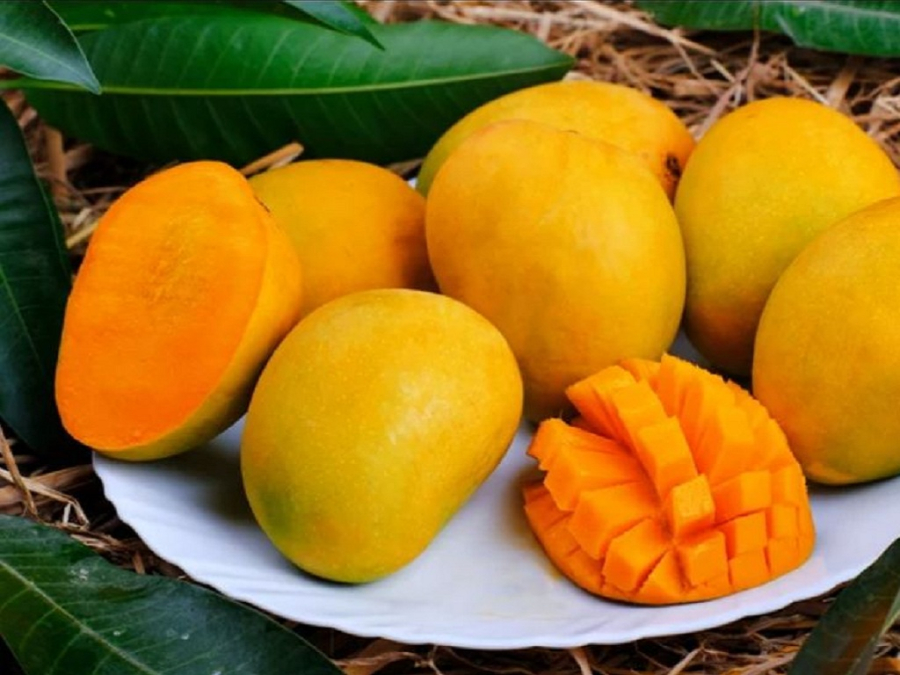
Mango is one of the nutritious fruits for the body. It contains a large amount of vitamins such as folate, vitamin C, vitamin B6, vitamin E, vitamin A, as well as other essential nutrients like iron, choline, niacin, potassium, etc. Moreover, mango also contains a small amount of omega 3 and omega 6 fatty acids. Therefore, mango helps improve vision, support brain development, and has many other benefits.
Watermelon
Watermelon is a refreshing fruit that provides many nutrients for the body, which parents should not overlook in the list of fruits for children. Watermelon is rich in vitamin C and vitamin A, which help boost the immune system and improve children’s vision. In addition, it is also a good source of vitamin B, calcium, and abundant manganese, which contribute to optimal development of children’s bones.
Soursop
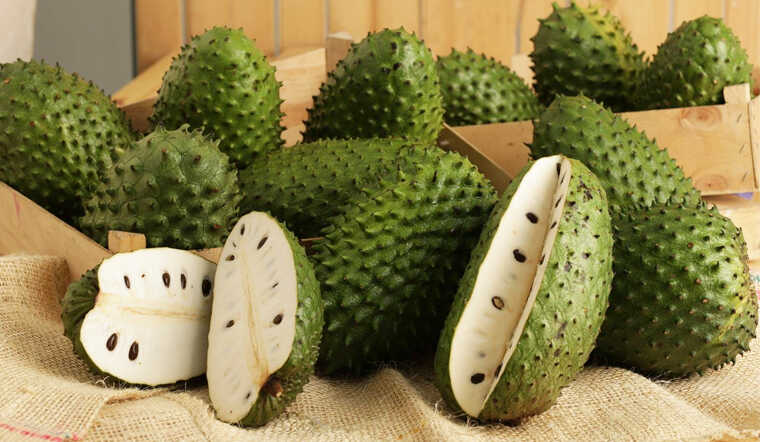
Soursop is a fruit that many parents choose for its protein content and beneficial omega 6 fatty acids for brain development. In addition, soursop contains many antioxidants such as bullatacin, asimicin, which help prevent worm diseases and reduce the risk of cancer. The vitamin C and vitamin B in soursop enhance the immune system and reduce nervous tension.
Strawberries
Strawberries are one of the fruits that promote intelligence and health in children. This fruit is loved by many young children because of its attractive color and sweet and sour taste. Abundant vitamin C in strawberries helps improve children’s immune system against harmful bacteria. Strawberries also contain a high amount of calcium and phosphorus, which contribute to the development of strong bones, muscles, and a healthy nervous system. In addition, strawberries contain folic acid, which helps in the development of the child’s brain and participates in blood cell production.
Blueberries
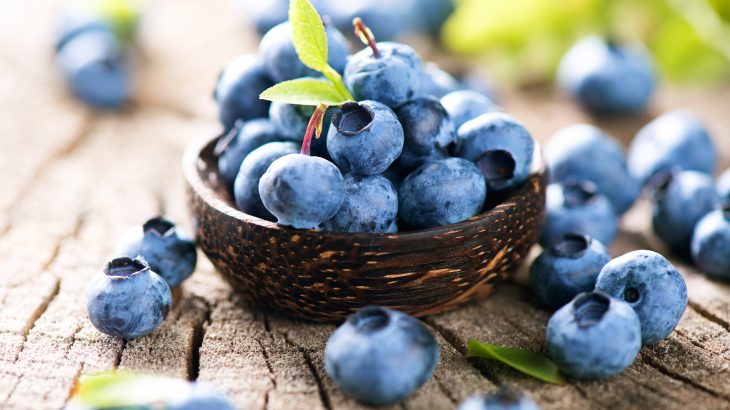
Blueberries are fruits that are very good for children’s intelligence. Scientific studies have shown their effects in improving memory, enhancing brain activity, and reducing stress. Blueberries contain high levels of vitamin K, vitamin C, and manganese which stimulate the development of new cells, thereby slowing down the aging process of the brain. Blueberries also contain other nutrients such as vitamin A, vitamin B, iron, selenium, and zinc, which enhance the child’s immune system.
Bananas
Bananas are fruits rich in soluble fiber, which is beneficial for children’s digestive system. Bananas also contain various nutrients such as vitamin C, vitamin B6, potassium, and magnesium, which enhance the brain and nervous system, thereby improving memory. In addition, beta-carotene, a precursor of vitamin A, is also present in bananas, which helps enhance vision and promote bright eyes in children.
Papaya
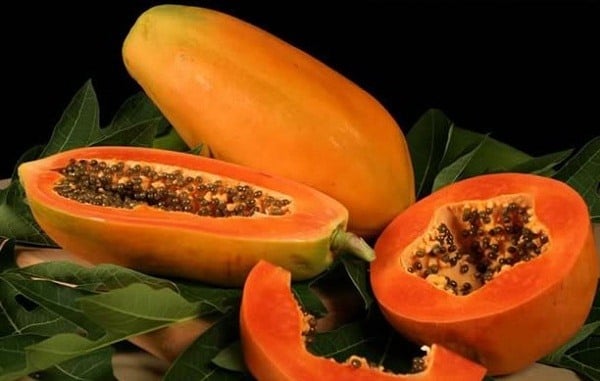
Ripe papaya is a fruit that many nutrition experts recommend adding to children’s diets. Papaya is not only rich in vitamin A, vitamin C, but also contains a large amount of vitamins and minerals such as magnesium, calcium, potassium, vitamin B1, B3, B5. This tropical fruit contains an enzyme called papain, which improves children’s digestion and effectively prevents constipation. The vitamins and minerals in papaya enhance the immune system and metabolic function, while reducing the risk of cardiovascular diseases and colorectal cancer.


























